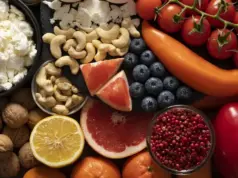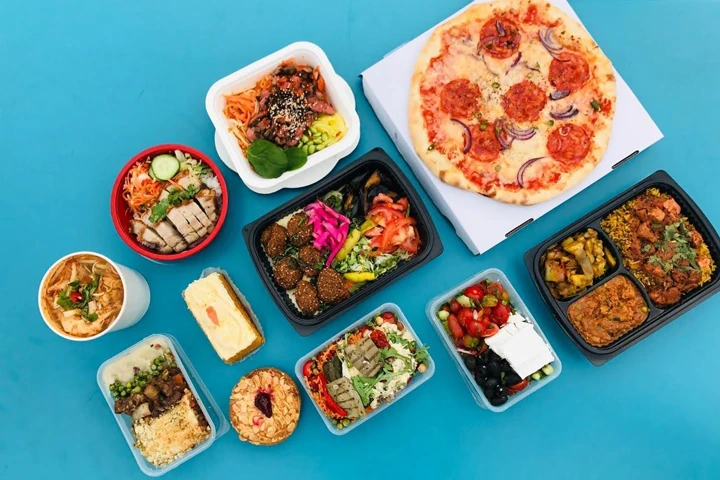A marathon race is a difficult and gratifying event that needs a lot of preparation, commitment, and mental toughness. You should have a strong base of running fitness before you begin your marathon training. Running marathons is a tremendous feat that takes a lot of effort and commitment. Yet, anyone can reach the finish line and enjoy the rush of finishing a marathon with the proper mindset, training, diet, and preparation.
Food to eat when running a marathon
Running a marathon is a difficult and physically demanding exercise that needs the right nutrition to keep energy levels up and prevent hitting the wall. You may improve your performance and reduce your chance of becoming sick or feeling tired by eating the correct foods prior to and during the race. These are some recommendations for what to eat before a marathon:
- Before the race:
The meals you consume in the days before the marathon are as crucial as the meals you consume while you’re running. You can increase your energy reserves and increase your endurance by eating a balanced diet that includes a variety of fruits and vegetables, lean protein, good fats, and complex carbohydrates.
- Carbohydrates: The body uses carbohydrates as its main energy source during extended activity, thus having adequate glycogen in reserve will be crucial for finishing the marathon. In the days before the race, try to ingest 3–4 grams of carbs per pound of your body weight. Whole grains, fruits, veggies, and starchy vegetables like sweet potatoes, corn, and peas are all excellent sources of carbs.
- Protein: Your muscles need protein to repair and recover, and it can also make you feel satiated and full. The recommended daily protein intake is 0.5–0.7 grams of protein for every pound of body weight. Lean meats, fish, poultry, eggs, lentils, and dairy products are all excellent sources of protein.
- Good Fats: Cardiovascular health, power generation, and satiety all benefit from eating healthy fats. Avocados, almonds, seeds, olive oil, and fatty seafood like salmon are good sources of healthful fats.
- Hydration: Dehydration can impair the performance, thus it’s important to stay hydrated. Drink plenty of water and think about ingesting electrolyte-rich liquids to replace lost minerals and salts, including sports drinks or coconut water.
- During the race: Fueling is essential to sustaining energy levels and avoiding exhaustion during the marathon. As a general guideline, you should eat 30–60 grams of carbs for every hour of exercise.
- Sports beverages/gels: Sports drinks and gels are made to give the body instant energy when exercising. They often contain high levels of electrolytes and carbohydrates, which can assist replenish depleted fluids and minerals. To sustain energy levels, try to ingest a sports drink or gel each 45 to 60 minutes.
- Nutrient bars: A simple and transportable supply of both protein and carbohydrates are energy bars. During running, choose bars that are high in carbs and low in fat, and take small portions of them every 30 to 45 minutes.
- Fruits: Fruits are a great source of both carbohydrates and electrolytes. Examples include bananas, oranges, and grapes. They can also provide you with a rapid energy boost and are simple to stomach. Think about bringing some little servings of fruit with you to nibble on during the run.
- Water: It’s important to stay hydrated throughout the race, so make sure to fill up on water at the aid stations. Throughout the race, try to consume between four and eight ounces of water each 15-20 minutes to avoid being dehydrated.
- Eat less fiber-rich food: Avoiding fiber-rich foods before or during the race is advised because they can upset the stomach. Stay with simple carbs like white bread, pasta, and rice.
Conclusion
In summary, proper nutrition is essential for maximising performance throughout a marathon. Before the race, you should eat a balanced diet high in complex carbs, lean protein, and good fats to properly fuel your body. It’s crucial to stay hydrated throughout the race by taking plenty of electrolyte-rich beverages, water, and readily digestible foods like sports drinks, gels, granola bars, and fruits. You may maximise your performance, preserve energy levels, and accomplish your marathon goals by paying attention to these suggestions.













































